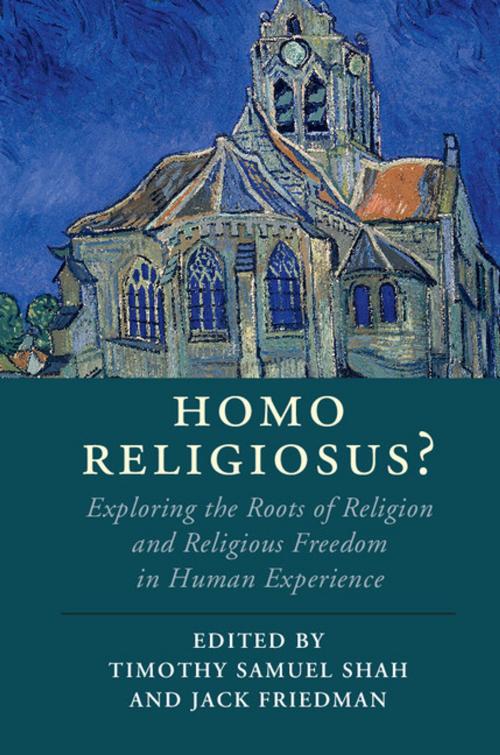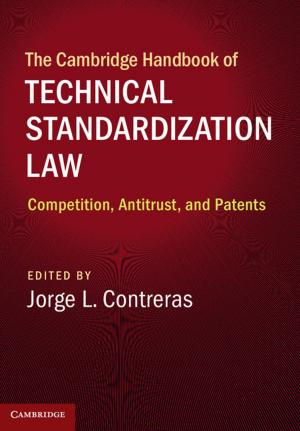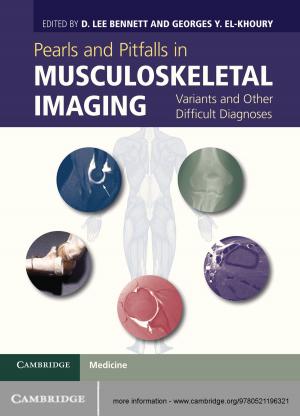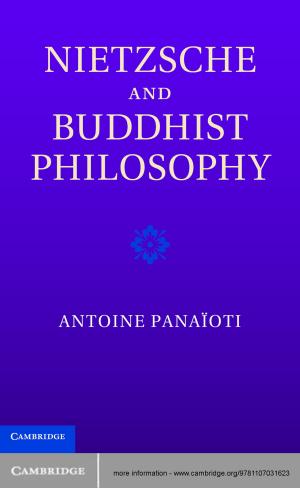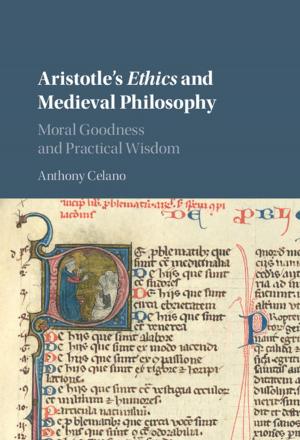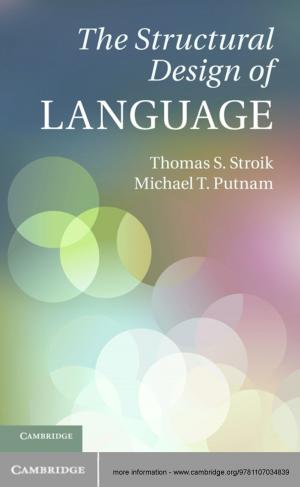Homo Religiosus?
Exploring the Roots of Religion and Religious Freedom in Human Experience
Nonfiction, Religion & Spirituality, Philosophy, Social & Cultural Studies, Social Science| Author: | ISBN: | 9781108395144 | |
| Publisher: | Cambridge University Press | Publication: | January 11, 2018 |
| Imprint: | Cambridge University Press | Language: | English |
| Author: | |
| ISBN: | 9781108395144 |
| Publisher: | Cambridge University Press |
| Publication: | January 11, 2018 |
| Imprint: | Cambridge University Press |
| Language: | English |
Are humans naturally predisposed to religion and supernatural beliefs? If so, does this naturalness provide a moral foundation for religious freedom? This volume offers a cross-disciplinary approach to these questions, engaging in a range of contemporary debates at the intersection of religion, cognitive science, sociology, anthropology, political science, epistemology, and moral philosophy. The contributors to this original and important volume present individual, sometimes opposing points of view on the naturalness of religion thesis and its implications for religious freedom. Topics include the epistemological foundations of religion, the relationship between religion and health, and a discussion of the philosophical foundations of religious freedom as a natural, universal right, drawing implications for the normative role of religion in public life. By challenging dominant intellectual paradigms, such as the secularization thesis and the Enlightenment view of religion, the volume opens the door to a powerful and provocative reconceptualization of religious freedom.
Are humans naturally predisposed to religion and supernatural beliefs? If so, does this naturalness provide a moral foundation for religious freedom? This volume offers a cross-disciplinary approach to these questions, engaging in a range of contemporary debates at the intersection of religion, cognitive science, sociology, anthropology, political science, epistemology, and moral philosophy. The contributors to this original and important volume present individual, sometimes opposing points of view on the naturalness of religion thesis and its implications for religious freedom. Topics include the epistemological foundations of religion, the relationship between religion and health, and a discussion of the philosophical foundations of religious freedom as a natural, universal right, drawing implications for the normative role of religion in public life. By challenging dominant intellectual paradigms, such as the secularization thesis and the Enlightenment view of religion, the volume opens the door to a powerful and provocative reconceptualization of religious freedom.
